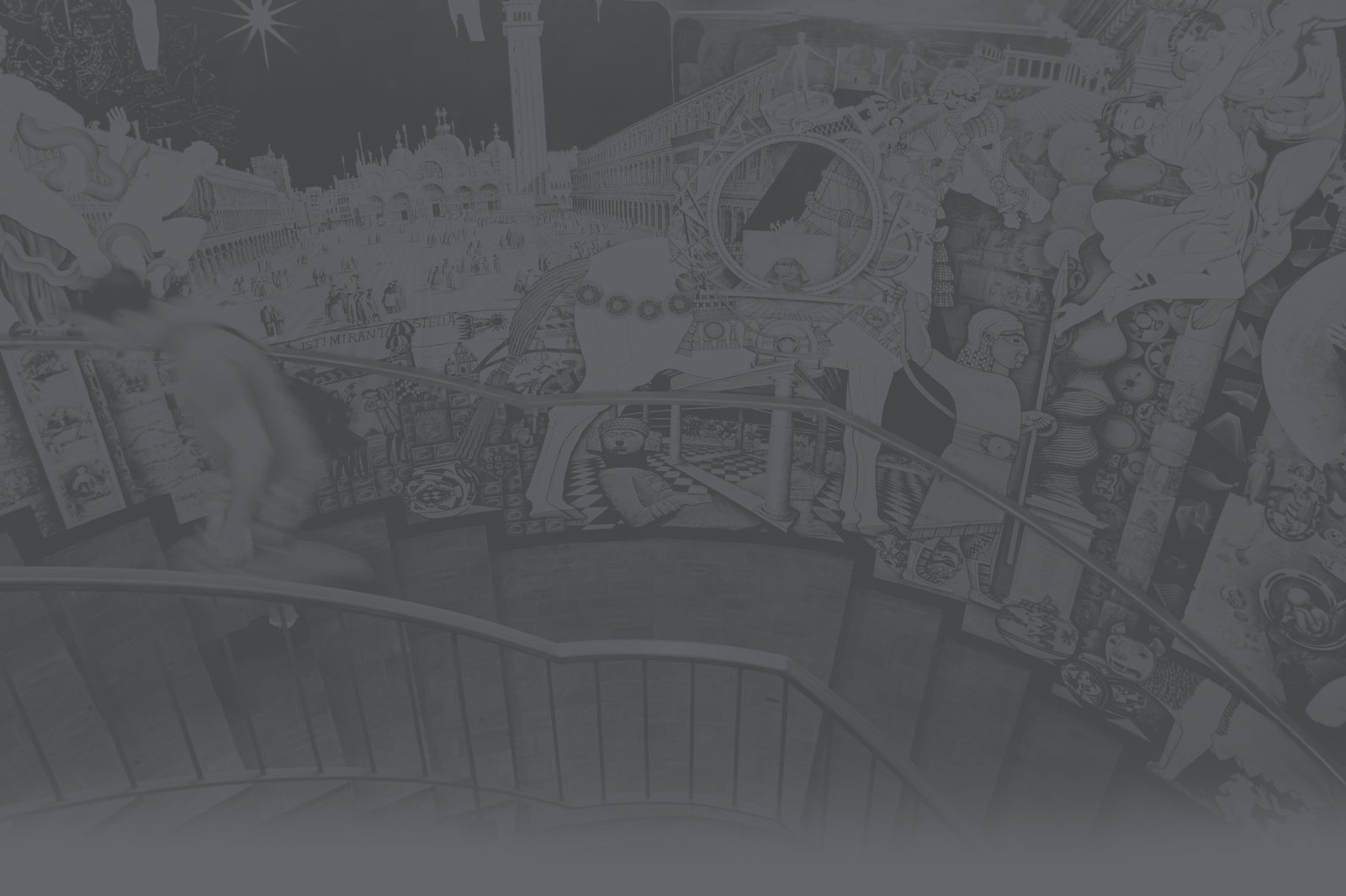Research is a continual process where we seek to gain more information about the world we live in. Sometimes it’s formal research, for a class or an academic project, and other times it’s personal and relates to our non-scholarly interests and pastimes. The results of our research can take many forms and result in the creation of many types of things. The Coates Library’s “Research Thing” Prize recognizes the thought and energy required by many different types of research projects. Let us celebrate your work!
Deadline: please check back for fall 2024
Awards: Two (2) $500 cash prizes, certificates, t-shirts, and inclusion in the Research Thing Showcase and Trinity University’s Digital Commons database
Types of Submissions: Pretty much anything! If you had to do research to make it, you should submit your work! Here are some examples:
- Creative or Artistic Expressions
- Musical Compositions, Artwork, Poetry
- Traditional Research Outputs
- Literature Reviews, Academic Papers, Grant Proposals
- Digital Research Outputs
- Data Stories, Jupyter Notebooks, Websites/web apps
Submission Process: To submit your work, fill out this Google Form. You will need to upload your work (or a picture of the work if applicable), a bibliography of works cited or consulted, and a Research Narrative. The Research narrative should be 1 page, single-spaced, describing the background of your research and how it came to be.
Evaluation: The “Research Thing” Prize Committee will evaluate submissions based on (1) the effective and information-literate uses of research in the creation of the “thing”; (2) the accuracy of the Works Cited/Consulted; and (3) the attention to the research process presented in the research narrative.
Please note that the research narrative is a crucial component in the selection committee’s evaluation of the submission. The narrative should detail the research process involved in the creation of the “thing.” It should not be a summary or abstract of the work itself. Here are a couple of different examples of research narratives: Example 1 and Example 2.
Other: Current Trinity students are eligible to apply. Submissions will not be returned. Submissions may be archived on the library website and the university’s Digital Commons and may be used for assessment and promotion
When must the research and work be completed on my research thing?
Research and work on the “thing” should be completed during the calendar year prior to the deadline. For example, submissions for the February deadline should be completed between January and December of the previous year.
When will awards be announced?
Awards will be announced by the end of March.
Should the bibliography be completed using a particular citation style?
No. However, the bibliography should follow a specific style and be consistent and correct. The accuracy of the bibliography is an important part of the selection process. If you are creating the bibliography solely for this submission, a common style (MLA, Chicago, APA) would be ideal.
What are you looking for in the research narrative?
The committee will focus on the creator’s research process and the ways that research sources were necessary/useful in the creation of the “thing.”
Are submissions limited by subject matter?
No! If your research is from a history project, a Chemistry class, or a mathematics assignment, it is eligible for consideration.
Are there any special rules for a “thing” completed by one or more people as part of a team project?
Only one member needs to submit the application including all members’ names. In addition, the contributions and thoughts of each member should be included in the research narrative. While individual reflections are not required by each member of the team, they will be accepted as part of the application package. In cases where the research is associated with a faculty member’s scholarship, you should consult with your professor before submitting the work for the Research Awards.
How will the selection committee compare an essay involving research and a poster involving research? Aren’t these very different “things”…?
The selection committee will focus on the bibliography and the reflection in making decisions regarding awards. The “thing” is obviously also important, but the research effort involved in its creation is the primary consideration of the committee.
Can I submit multiple “things” for consideration or am I restricted to only one entry?
You are welcome to submit multiple “things,” as long as the research represented in your submissions was begun and finished during the previous calendar year.
Do I still have the copyright to my work after submitting it for consideration?
Yes. As part of the application process, the library requests permission to use your work, images of your work, and materials completed as part of the application for the library’s website or for display in the library (where applicable).
What happens if my research is subsequently published in an academic journal?
Winners of the Coates Library Research Awards are included in Trinity’s Digital Commons, which is an open access resource. This means that anyone can view the work that you’ve submitted for consideration. Depending on the similarities between your submission and your academic publication, the journal or publisher may require that your work not be published elsewhere. In such a situation, we are happy to remove your work from public access at the Digital Commons site and link to the published version of your work.
Who do I contact if I have more questions about a submission or the submission process?
Contact Bradley Dusing, Teaching, Learning, & Research Support Librarian, at bdusing@trinity.edu
